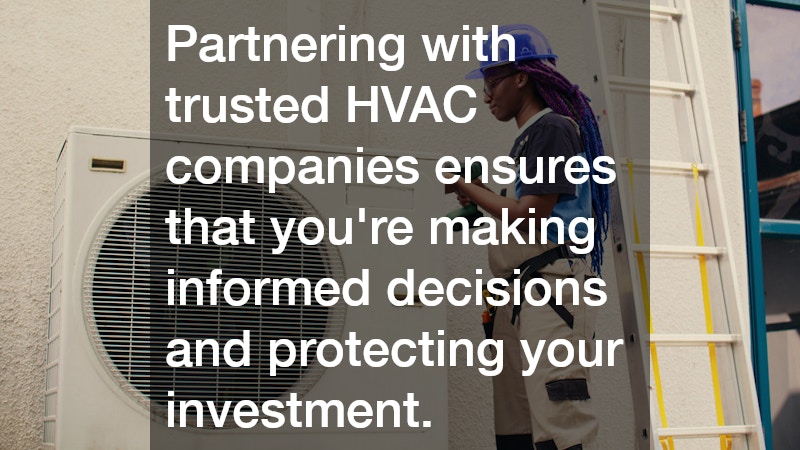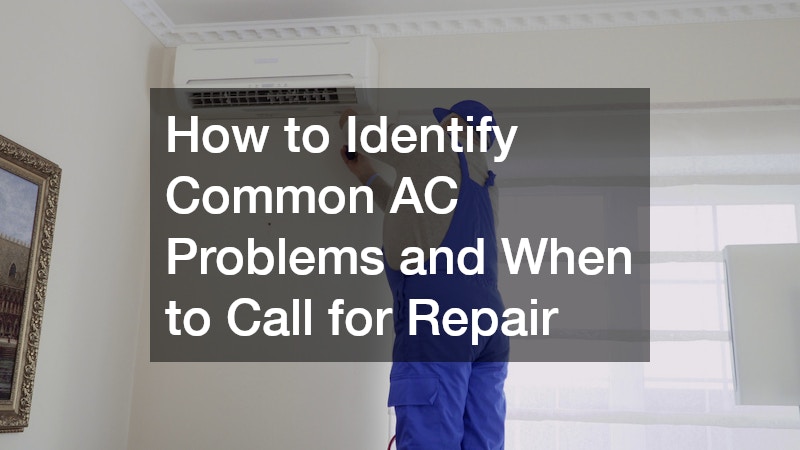Air conditioning is one of those modern luxuries that most of us can’t imagine living without, especially during the hottest months of the year. Whether you’re at home, in the office, or inside a commercial space, your comfort often depends on the efficiency and reliability of your cooling system. Yet, despite how essential air conditioning is, many people don’t fully understand how it works, what affects its performance, or how to get the most value from their systems.
That’s where professional HVAC companies come in. These experts not only install and repair air conditioners but also provide valuable guidance to help you maximize efficiency, minimize costs, and extend the lifespan of your system.
To give you a clearer picture of what goes into maintaining cool, comfortable spaces, here are some key facts about air conditioning HVAC companies want you to know.
1. Regular Maintenance Is Non-Negotiable
One of the most important things HVAC companies emphasize is the need for regular maintenance. Air conditioning systems are complex, with many moving parts that can wear down over time. Dirty filters, clogged coils, and low refrigerant levels can all lead to reduced performance and higher energy bills. Scheduling seasonal tune-ups ensures your system runs smoothly and helps catch small problems before they turn into costly repairs.
2. Air Conditioning Systems Don’t Last Forever
On average, central air conditioners last between 12 to 15 years, depending on how well they’ve been maintained. HVAC companies often find that homeowners are surprised when their unit starts showing signs of age after a decade of use. If your system is more than 10 years old, you should start budgeting for a replacement, especially if you notice frequent breakdowns or rising utility bills. Newer models are far more energy-efficient and can save you money in the long run.
3. Bigger Isn’t Always Better
It’s a common misconception that a larger air conditioner will cool your home faster or more effectively. In reality, oversized units cycle on and off too frequently, leading to uneven cooling, excess humidity, and unnecessary wear and tear. HVAC companies carefully size systems based on square footage, insulation, and climate. Proper sizing ensures consistent comfort and maximum efficiency.
4. Indoor Air Quality Matters
Air conditioners do more than cool your home; they also play a role in managing indoor air quality. Dust, pollen, pet dander, and other allergens can circulate through your system if filters aren’t changed regularly. Some HVAC systems can be fitted with advanced filtration or purification technology to help keep the air cleaner and healthier, especially for households with allergies or respiratory issues.
5. Energy Efficiency Saves You Money
Modern air conditioning units are designed with energy efficiency in mind, often carrying high SEER (Seasonal Energy Efficiency Ratio) ratings. HVAC companies recommend choosing a system with a SEER rating appropriate for your region, as it directly impacts energy consumption. Pairing your system with smart thermostats and proper insulation can also help reduce cooling costs significantly over time.
6. Refrigerant Is a Key Component
Your air conditioner’s refrigerant is what makes cooling possible, and recent environmental regulations have changed the types of refrigerants used in new systems. Older systems may still rely on R-22 (Freon), which is no longer produced. If your system requires R-22 and leaks, repairs can be costly. HVAC companies often suggest upgrading to a new system with eco-friendly refrigerants to avoid future issues and ensure compliance with regulations.
7. Proper Installation Makes All the Difference
Even the most advanced, high-efficiency air conditioner won’t perform well if it isn’t installed correctly. Improper installation can lead to poor airflow, leaks, and higher energy bills. That’s why HVAC companies stress the importance of hiring licensed professionals with proven experience. A correct installation lays the foundation for long-term performance and fewer problems down the road.
8. Thermostat Settings Affect More Than Comfort
Many homeowners think lowering the thermostat drastically will cool the home faster, but this isn’t the case. Air conditioners work at a steady pace regardless of the set temperature. Instead of overworking your system, HVAC experts recommend setting your thermostat to an efficient level—usually around 78°F when you’re home and higher when you’re away. This strategy reduces energy costs while maintaining comfort.
Air conditioning may seem straightforward—you turn it on, and cool air comes out—but the reality is far more complex. From regular maintenance and proper sizing to energy efficiency and indoor air quality, there are many factors that determine how well your system performs. By understanding these key facts, you’ll not only extend the life of your air conditioner but also enjoy greater comfort and savings.
Partnering with trusted HVAC companies ensures that you’re making informed decisions and protecting your investment. With their guidance, you can stay cool, breathe easier, and reduce your energy bills, all while keeping your system running at peak efficiency.




